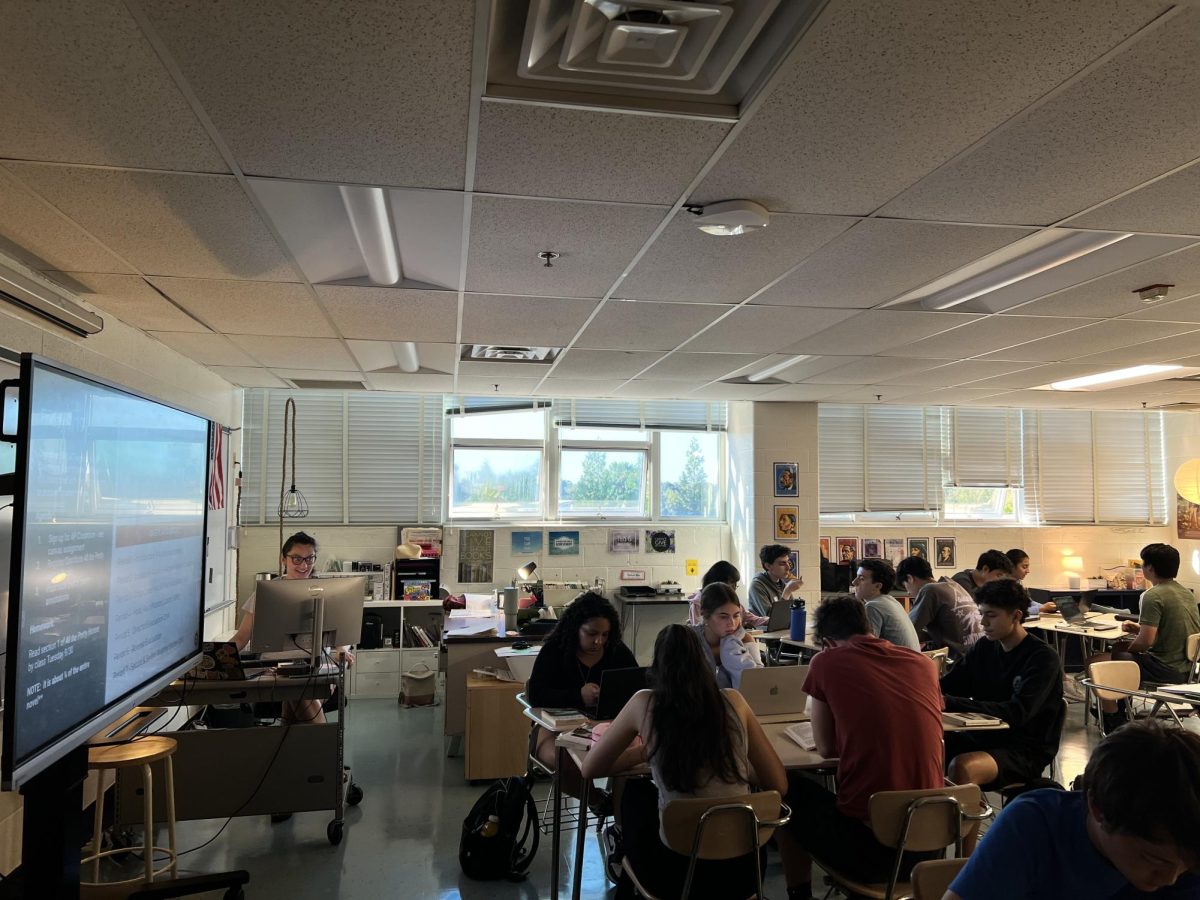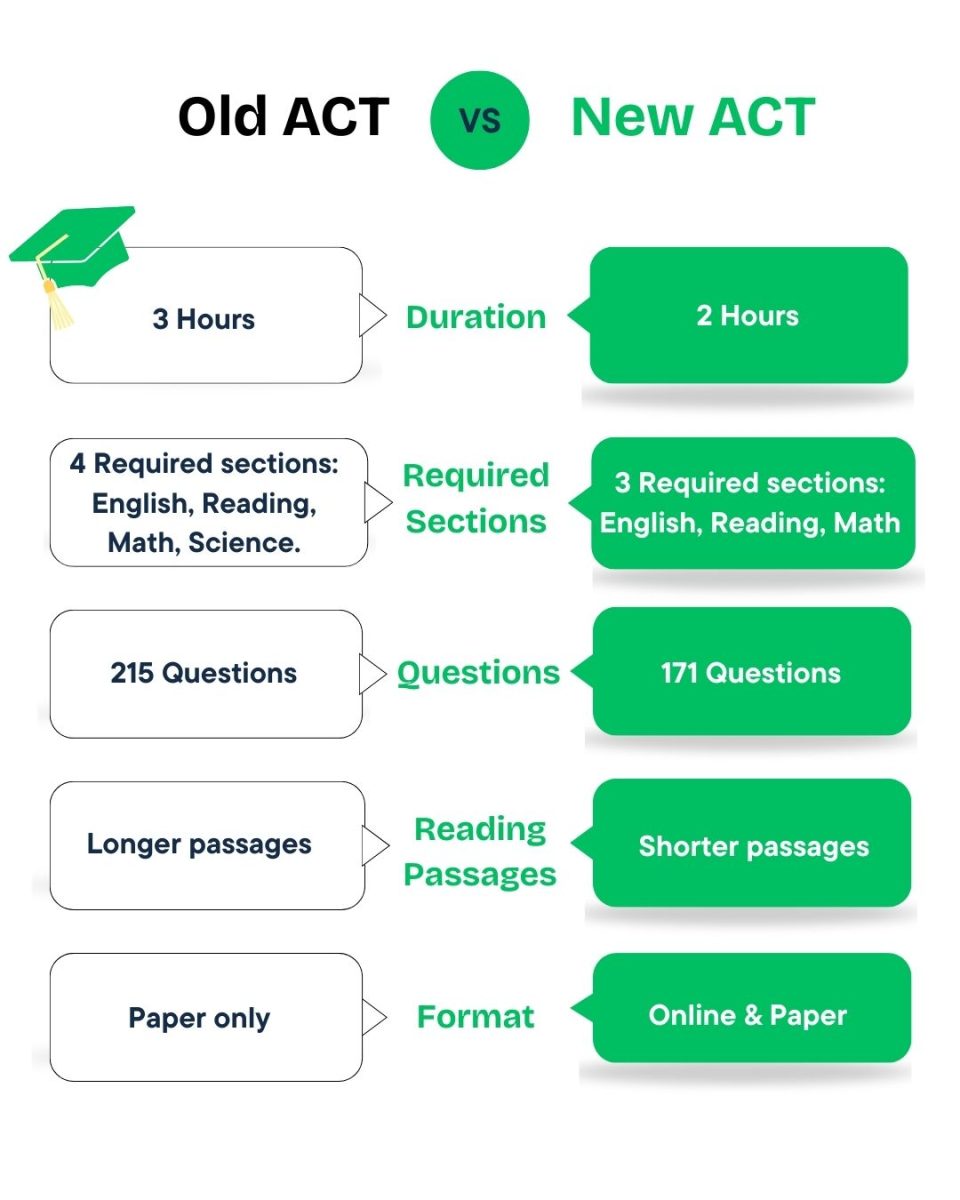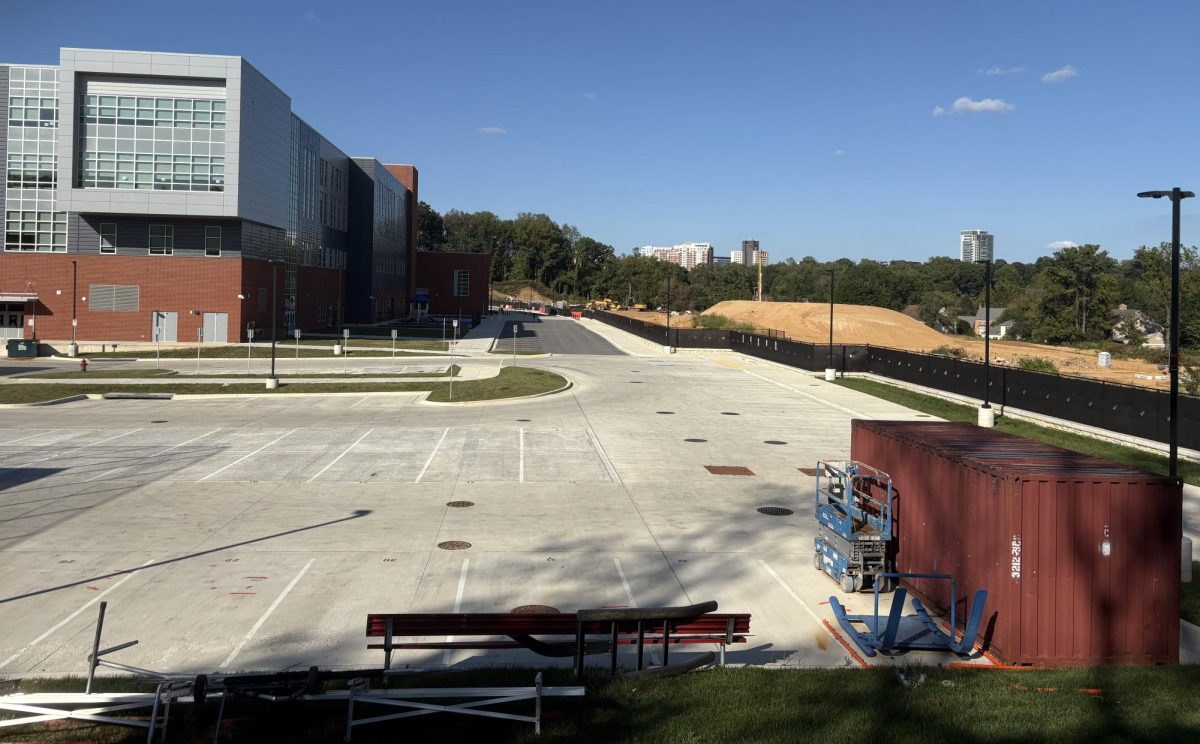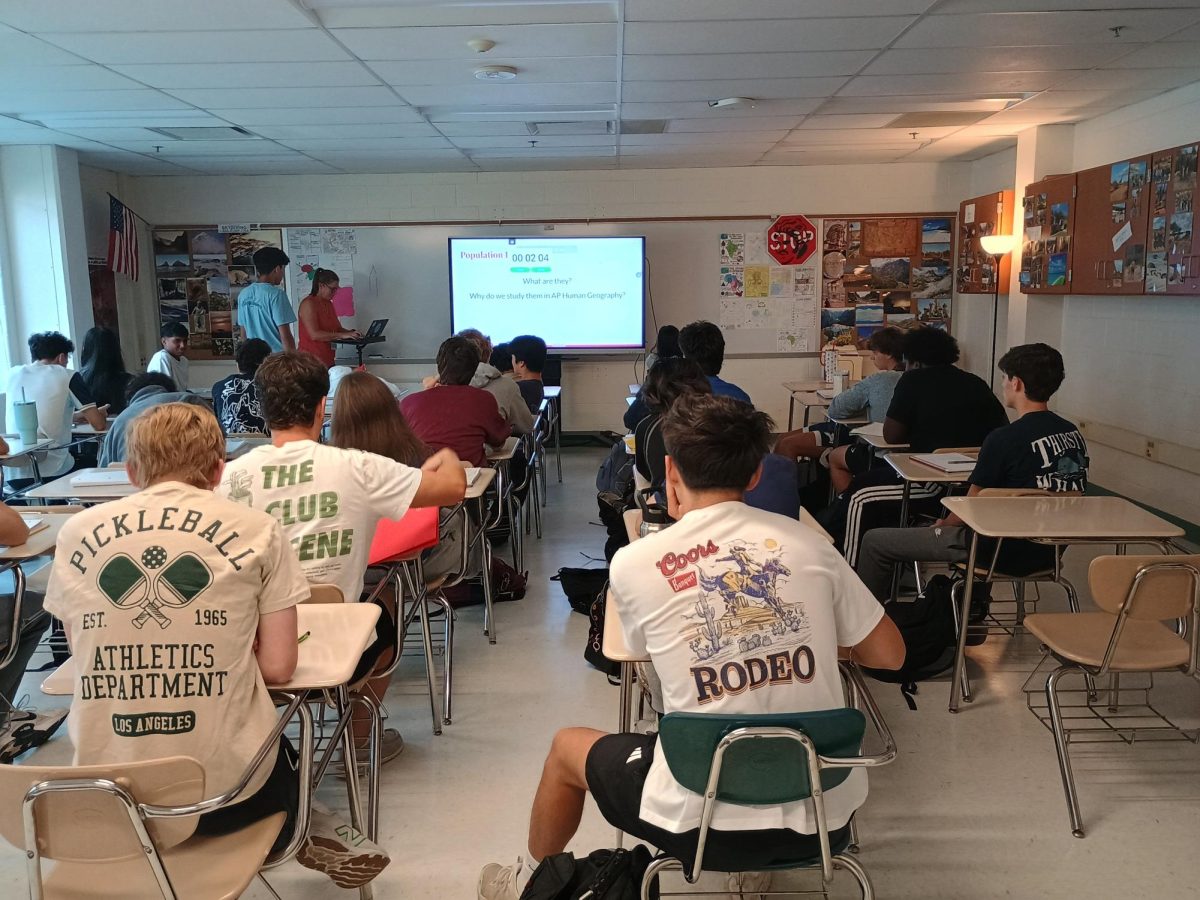Deferred Action for Childhood Arrival (DACA) is an immigration policy established by the Obama administration in 2012. The policy allowed for illegal underage immigrants to gain a renewable two-year period of protection from being deported and eligibility for a work permit. Around 800,000 illegal immigrants were enrolled in the program, but now all of them could be subject to deportation as the Trump administration recently ended the program.
If deported, the immigrants will be sent back to their country of origin, with which most DACA recipients (aka Dreamers) have very little affiliation and may not have any family or connections. Dreamers could not have ever traveled back to their country of origin during their lives in the United States because they would not have had a passport allowing them to do so. Most Dreamers have spent their whole lives in America, identifying as Americans and completely ingraining themselves into American culture, with little to no association with the country of origin to which they would likely be deported. On September 5, the Trump administration gave Congress a six month period before final repeal to allow enough time for Congress to find a solution for the immigrants who were previously under the program.
WJ ESOL teacher Anne Marie Foerster Luu has dealt with students under DACA and is highly knowledgeable on the specifics of the program. When discussing the topic of how the ending of the DACA will specifically impact WJ, Foerster Luu says it’s very difficult to determine because many Dreamer students do not reveal their status.
“Due to the risks of revealing immigration status in these politically charged times, we may not be able to quantify the impact of the rescission of DACA on WJ. There may be students and teachers among us who are DACA-mented or were nearly eligible to apply,” Foerster Luu said.
Foerster Luu believes DACA recipients will still fight for immigration reform.
“Students [from around the country] have been left in limbo. People I have spoken to say that they are seeing DACA-mented students willing to continue the fight for comprehensive immigration reform. They are distressed, but willing to keep advocating for themselves and other,” Foerster Luu explained.
Though we can’t specifically tell how the removal of the DACA program will affect WJ, we do know that there are students at WJ affected by its removal. One WJ Dreamer student (who preferred to remain anonymous) shared what she plans to do if deported.
“I’d start applying to universities in my home country as soon as I found out [I was being deported]. I would pursue a degree in medicine and then either stay there or return to the US to complete my residency or practice medicine,” the student said.
The student also shared what she’d say to President Trump if she ever got the opportunity to speak to him.
“In the same way that Americans have influenced my life, immigrants have influenced yours. We’re not common laborers. We could be your lawyers, your doctors, your friends. This nation was built on immigrants. Get rid of the foundation and the entire structure may collapse. Especially if you deport talented engineers and architects,” she said.
DACA program recipients are facing extremely tough times as the window to try to renew their protection and stay in America closes. Though the turmoil, the DACA recipients are willing to fight for reform and legislation that allows them to stay in the country they’ve grown up in and call home.










KLS • Mar 19, 2018 at 1:44 pm
Wow, talk about an article full of crap. If these freeloading crybabies want to stay here, then fine – go through the legal naturalization process. No one is against immigration – it’s the illegal portion that is the problem and the politicians and the writer of this article seem to ignore that word.